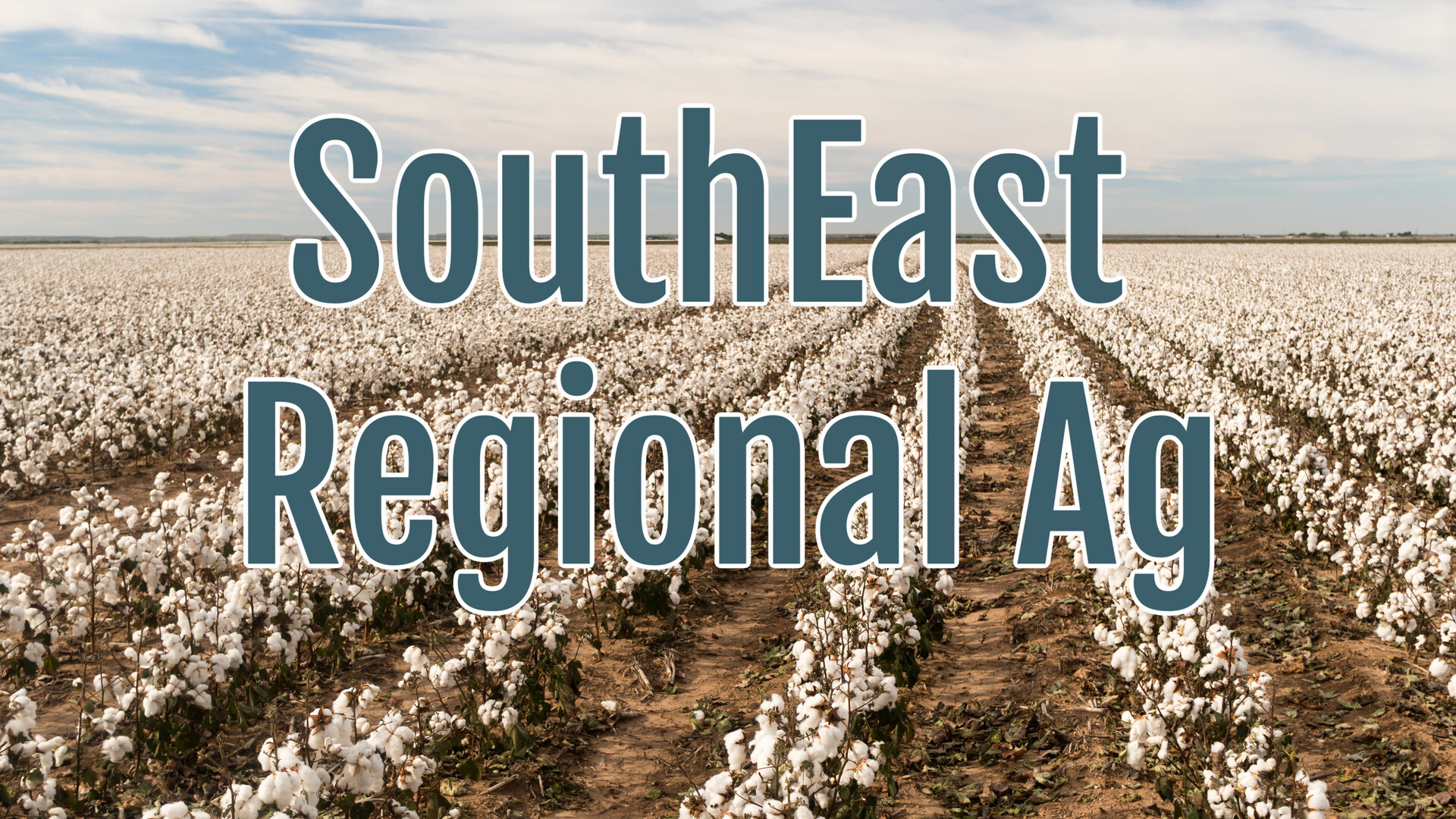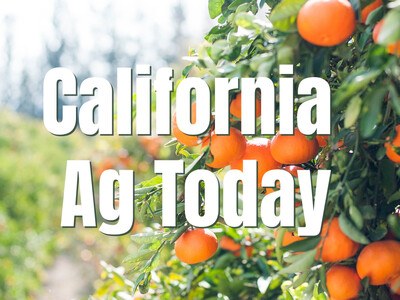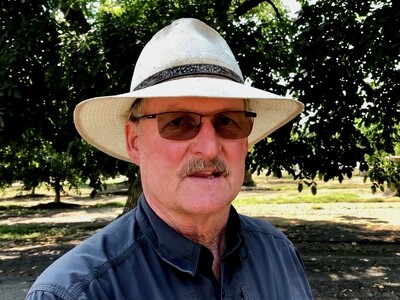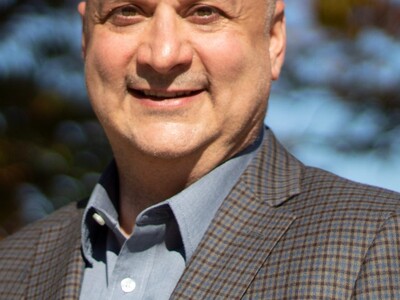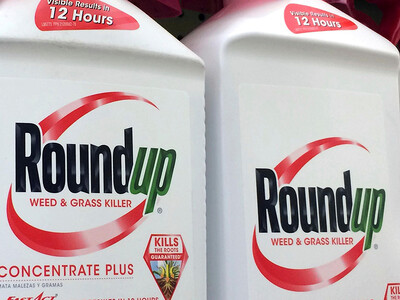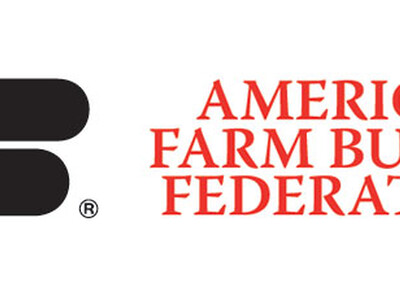Seaweed Science Heads South
Cattle are a major part of agriculture across the Southeast, and producers here know the land, feed, and climate as well as anyone. But some of the newest insights into cutting methane from cattle are coming from clear over at UC Davis. Their researchers, working with UC Berkeley and the Innovative Genomics Institute, have been studying what happens inside the rumen when cows get just a small amount of red seaweed in their feed.Earlier UC Davis work showed red seaweed can sharply reduce methane, and this latest study helps explain the “how.” The team found that the seaweed shifts the activity of important microbial genes, which briefly raises hydrogen levels in the rumen. That change gives a naturally occurring bacterium called Duodenibacillus a chance to use that hydrogen before it can feed methane producing microbes.
“This study helps us better understand how other microbes that naturally occur in the rumen can divert this hydrogen away from methanogens and towards bacteria that may make animals more efficient,” said Spencer Diamond of the Innovative Genomics Institute.
The study found cows fed seaweed cut methane by 60 percent and improved feed efficiency.


